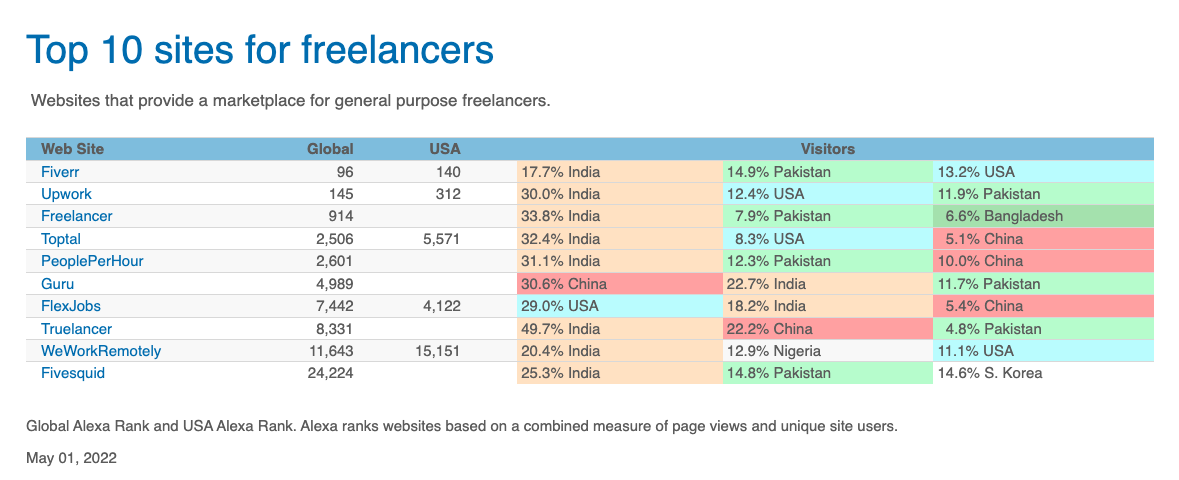Freelancing refers to working as an independent contractor or self-employed individual rather than being employed by a single company or organization. Freelancers offer their services to clients on a project-by-project basis and are typically not bound by long-term employment contracts. This approach to work offers several benefits, such as flexibility, the ability to choose your clients and projects, and potentially higher income potential. Here are some key aspects of freelancing:
- Freedom and Flexibility: Freelancers have the freedom to set their own schedules, choose their projects, and work from anywhere with an internet connection. This flexibility can be especially appealing to those who want to balance work with other life commitments.
- Diverse Opportunities: Freelancers can work in a wide range of industries and fields, including writing, design, web development, programming, marketing, consulting, and more. The variety of opportunities allows individuals to pursue their passions and specialize in areas they are skilled in.
- Client Relationships: Freelancers often build relationships with multiple clients. Building a strong network and reputation can lead to repeat business and referrals.
- Income Potential: Freelancers can potentially earn more than traditional employees, especially if they have specialized skills that are in high demand. However, income can be variable, and freelancers must manage their finances carefully.
- Self-Employment Taxes: Freelancers are responsible for their own taxes, including income tax and self-employment tax. It’s important to set aside a portion of earnings to cover these obligations.
- Marketing and Administration: Freelancers are also responsible for marketing their services, managing client relationships, handling administrative tasks, and invoicing clients for work performed.
- Skill Development: Freelancers often need to continuously update their skills and stay current in their chosen industry to remain competitive.
To start freelancing, you’ll typically need to:
- Identify your skills and expertise.
- Create a portfolio or resume showcasing your work and experience.
- Market your services through online platforms, social media, and networking.
- Set your rates and payment terms.
- Negotiate contracts with clients.
- Manage your time and workload effectively.
- Keep track of your finances and taxes.
Popular platforms for finding freelance work include Upwork, Freelancer, Fiverr, and Toptal, among others. Building a strong online presence and a solid reputation for delivering quality work on time is key to success in the freelancing world. Freelancing can be a fulfilling and lucrative career choice for those who are self-motivated and enjoy the independence it offers.
